In the early days of the internet, media hit pieces tried to blame the internet for energy consumption.
Somewhere in America, a lump of coal is burned every time a book is ordered on-line.
https://www.forbes.com/forbes/1999/0531/6311070a.html?sh=12b1b1ad2580
The current fuel-economy rating: about 1 pound of coal to create, package, store and move 2 megabytes of data. The digital age, it turns out, is very energy-intensive. The Internet may someday save us bricks, mortar and catalog paper, but it is burning up an awful lot of fossil fuel in the process.
There are already over 17,000 pure dot-com companies (Ebay, E-Trade, etc.).
The larger ones each represent the electric load of a small village.
Media tried to gaslight and brainwash tech companies with the burning fossil fuel narrative.
Some 20 years onwards, this entire article reads like a joke.
Getting the bits from dot-com to desktop requires still more electricity. Cisco's 7500 series router, for example, keeps the Web hot by routing an impressive 400 million bits per second, but to do that it needs 1.5 kilowatts of power. The wireless Web draws even more power, because its signals are broadcast in all directions, rather than being tunneled down a wire or fiber
Just fabricating all these digital boxes requires a tremendous amount of electricity. The billion-dollar fabrication plants are packed with furnaces, pumps, dryers and ion beams, all electrically driven. It takes 9 kilowatt-hours to etch circuits onto a square inch of silicon, and about as much power to manufacture an entire PC (1,000 kilowatt-hours)as it takes to run it for a year. And there are at least 300 of these factories in the U.S. Collectively, fabs and their suppliers currently consume nearly 1% of the nation's electric output.
The global implications are enormous. Intel projects a billion people on-line worldwide. That's $1 trillion in computer sales -- and another $1 trillion investment in a hard-power backbone to supply electricity. One billion PCs on the Web represent an electric demand equal to the total capacity of the U.S. today.
Does this resemble the current attacks against cryptocurrencies?
The exact same arguments are now used against bitcoin, trying to fool people into believing that bitcoin is the worst thing in the world.
Thousands of people believe what these articles at face value despite not having any understanding of the intricacies of bitcoin mining
Edit: Lmao @ the dumpster fire the comment section is, everyone shilling their premined scamcoins like Nano. Its hilarious seeing Nano paid shills/bag holders trying to compare Nano's recurring spam outage (that costs a trivial $ amount to attack) to BTC 2018, during which you could still send transactions without any problem whatsoever. Considering the aggressive nature of the shilling in comments, I am forced to update the thread with what Nano actually is...
Nano is a scam that was premined at the press of a button, distributed among themselves by Colin using funny faucets where the insiders themselves claimed most of the tokens, then abruptly the faucet was closed, the team now having control of most of the coins decided to pump it to yahoo land on a fraudulent exchange and ride into the sunset while also cashing out slowly for years. No wonder Nano price has never even recovered past its early 2018 ATH, after 4 years its still down a huge % from ATH. (thats what happened when you have an endless premine ready to dump on you). Nano peddlers are pushing this as a competitor to BTC lmao. A stablecoin like DAI or USDC on any ETH L2 solution renders Nano as useless. Which is why almost no one talks about Nano except their own bagholders who try to push it aggressively.
Fraudsters on this tread will try to push such scams to unsuspecting readers lol
[link] [comments]

You can get bonuses upto $100 FREE BONUS when you:
💰 Install these recommended apps:
💲 SocialGood - 100% Crypto Back on Everyday Shopping
💲 xPortal - The DeFi For The Next Billion
💲 CryptoTab Browser - Lightweight, fast, and ready to mine!
💰 Register on these recommended exchanges:
🟡 Binance🟡 Bitfinex🟡 Bitmart🟡 Bittrex🟡 Bitget
🟡 CoinEx🟡 Crypto.com🟡 Gate.io🟡 Huobi🟡 Kucoin.




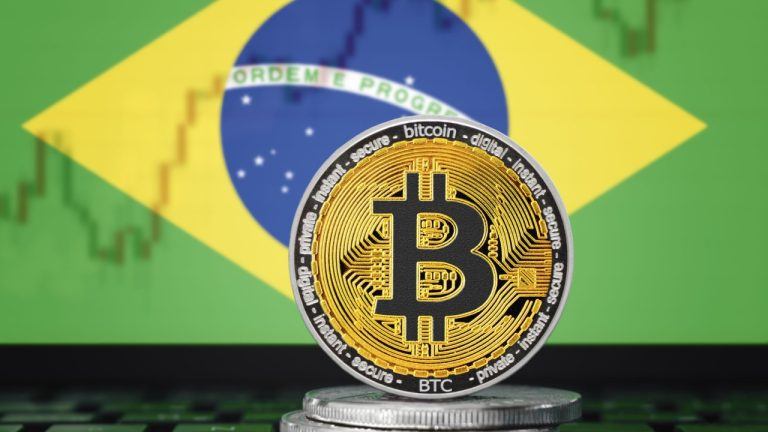

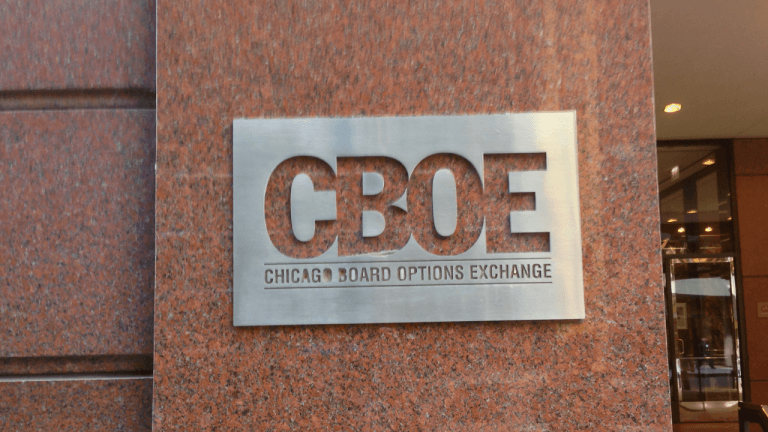

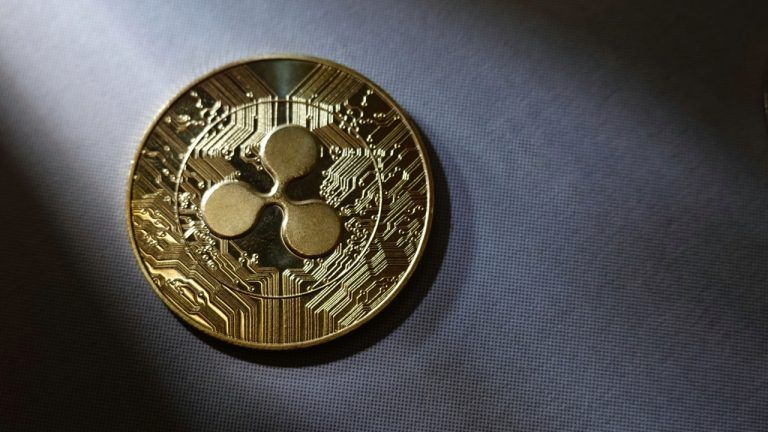
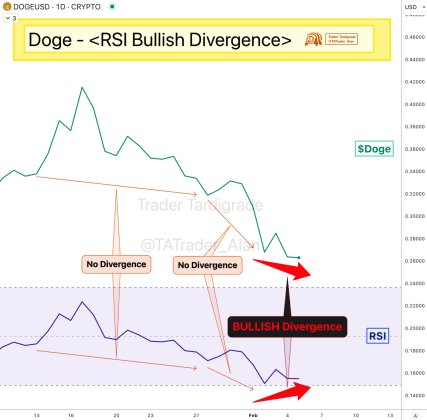

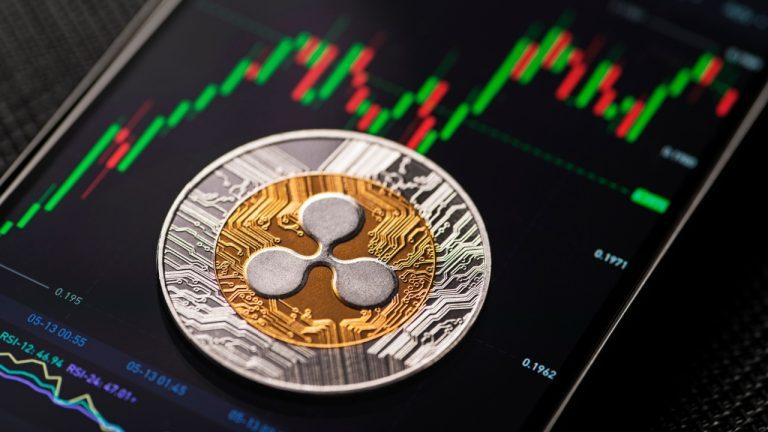


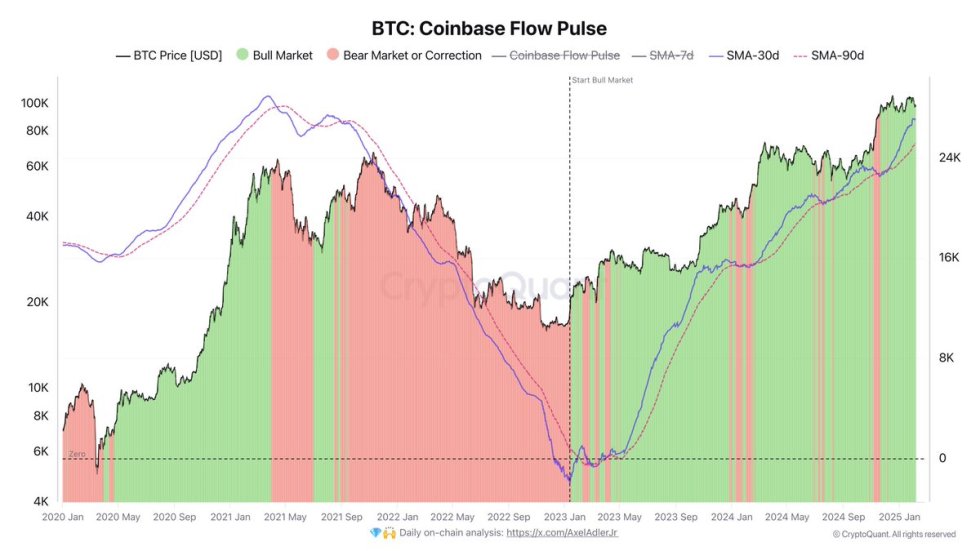





Comments